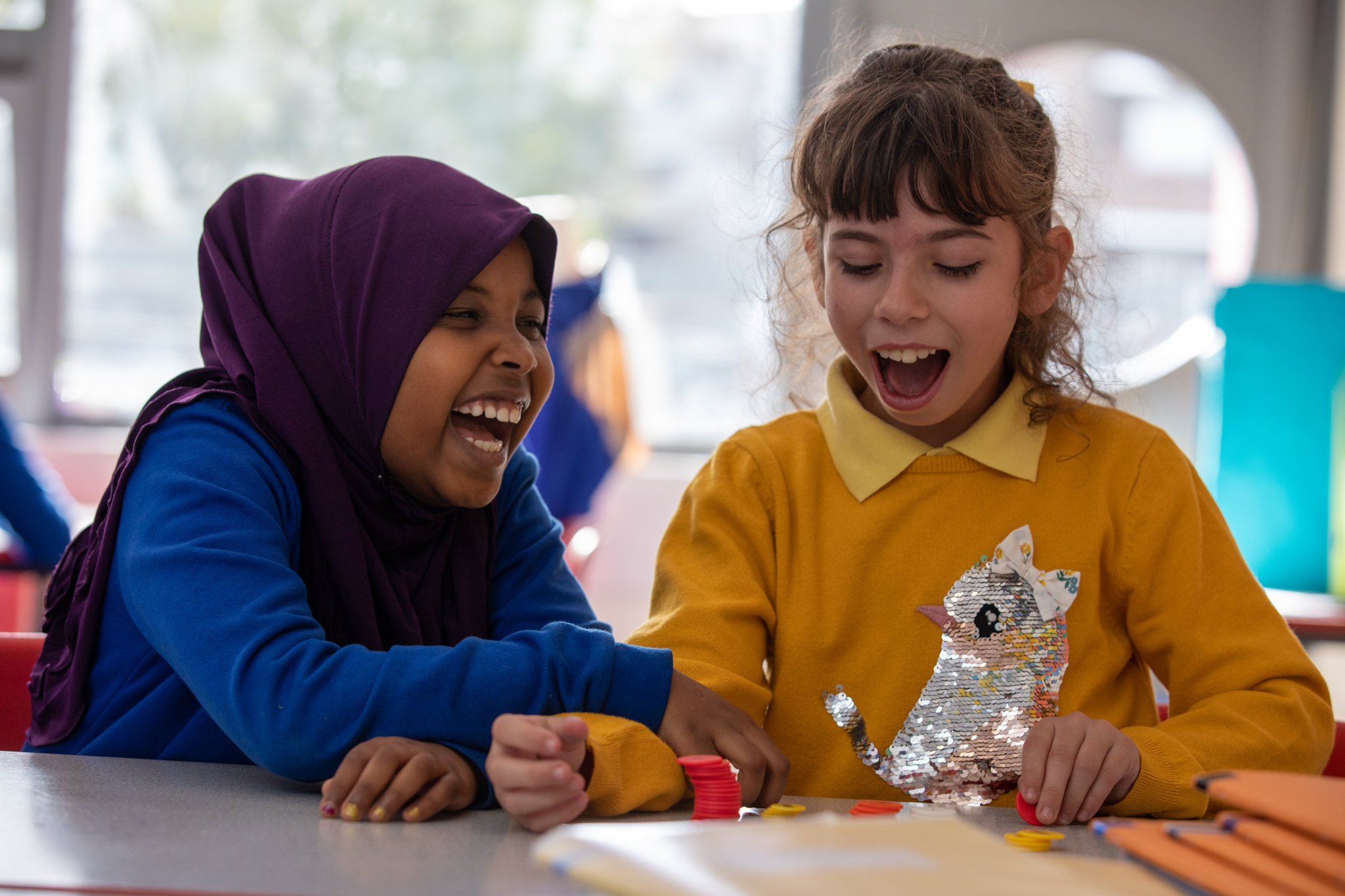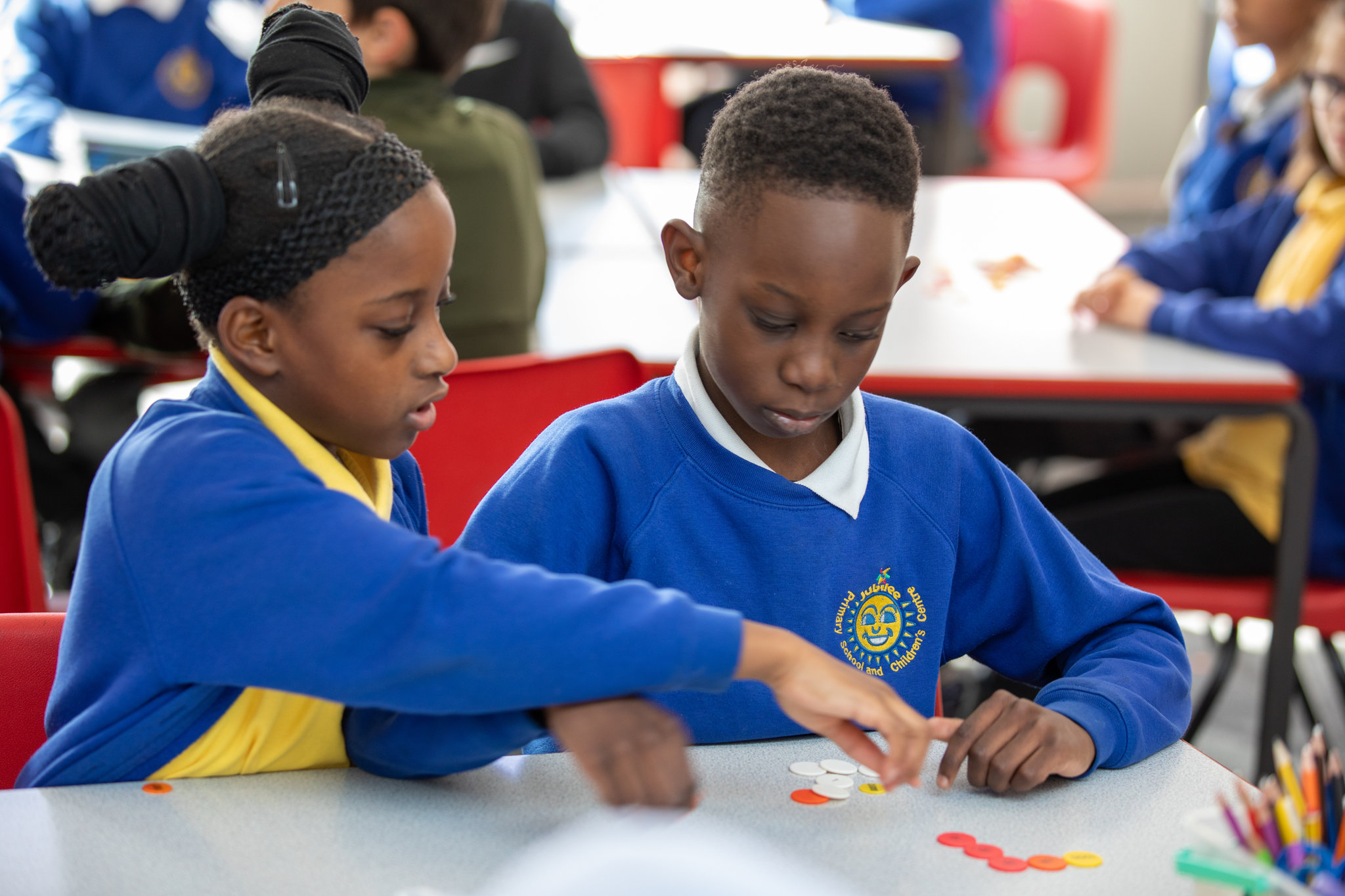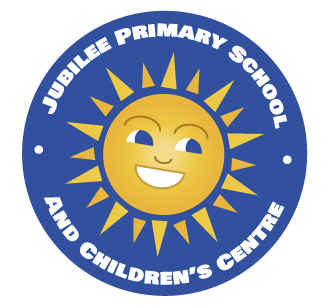Maths at Jubilee
Subject leader: Clare Hartnell

Maths Teaching Expectations
At Jubilee our intent is to design a curriculum which is accessible to all and will maximise the development of every child’s ability and academic achievement. We deliver lessons that are creative and engaging. We want children to make rich connections across mathematical ideas to develop fluency, mathematical reasoning and competence in solving increasingly sophisticated problems. We intend for our pupils to be able to apply their mathematical knowledge to science and other subjects. We want children to realise that mathematics has been developed over centuries, providing the solution to some of history’s most intriguing problems. We want them to know that it is essential to everyday life, critical to science, technology and engineering, and necessary for financial literacy and most forms of employment.
At Jubilee we teach for Mastery. We follow the White Rose planning to design our lessons and outcomes. Our Curriculum is developed in a mastery style, allowing children to evolve deep conceptual understanding of Maths. A whole class approach has been installed across the whole school, this allows all children to progress together and gives them them equal access to the curriculum.
We teach Maths through a tiered approach, that is, we ensure that the 5 Big Ideas of Maths Mastery are seen throughout all our teaching.
Coherence This is ensuring that our lessons flow, that each small step leads smoothly to the next.
Variation Literally varying or changing the ways in which children are shown things, comes under two headings - procedural variation, varying the way we show our class procedure e.g. different ways we can divide and Conceptual Variation, varying the way in which we approach a mathematical concept e.g. when learning about triangles showing children a square and asking them why is this not a triangle? This allows children to become more resilient when they see the unexpected. This means that when they are presented with real life problems they have the tools with which to tackle it.
Fluency Becoming fluent in number facts and operations; making sure that the learners develop a level of speed and independence in their learning so that they have the skills to transfer to problem solving.
Representation & Structure This is similar to variation- we carefully plan the way concepts and procedures are represented, but we allow the children to look for links between current and past learning, to build on their existing knowledge,which in turn will maximise progress.
Mathematical Thinking We ensure that children develop the skills to think independently, to have the vocabulary to explain their learning. Asking the children—Why? To plan for opportunities to express this in every lesson.

Class Work
Differentiation is usually through support and through outcome. Children are presented with a three part lesson sheet, which includes fluency, reasoning and problem solving. A rough guide of outcome would be—the whole class are expected to complete fluency, two sections to be completed by most and your quickest graspers to complete all three sections.
This allows the children to think more deeply about their learning.
Although the expectation is that fluency is the first section of the worksheet, problem solving and reasoning should be interchangeable, this means that children who do not complete all sections on a daily basis are exposed to each type of question frequently.
Fluency
The questions in the Fluency section test the key skill/ concept that we are teaching. There are no more than 6 questions in this section and they vary what they are asking of the children to show. Each question builds on the next but gets progressively trickier, e.g.
Problem Solving
These questions ask children to apply the knowledge that they have learnt; it is important that children are given the skills to problem solve. We do not just teach the skills, we unpick some examples with them.
Reasoning
This is a chance for the children to explain the concepts that they have learnt and can be presented in multiple ways. Reasoning takes place throughout the whole lesson and additional adults may be asked to scribe any great comments on to post- it notes and stick them into the child’s book as further evidence of their reasoning skills.
Interventions
We believe that for interventions to have the most impact they should be as immediate as possible. Teachers continually assess children during the lesson and addressing misconceptions straight away, either in a small group or individually depending on the needs of that lesson. For children who need additional support post teaching, same day interventions are used so that our pupils are ready to participate in the next lesson. This ensures that children are not ‘left behind’.
To ensure that all children are given the opportunity to access the curriculum, high quality interventions are offered after lessons, delivered to pupils by Class Teachers. This ensures that all children are fully prepared for future learning.
Greater Depth.
Children need the opportunity to evidence that they are working at greater depth. There is a misconception that greater depth pupils need to have produced more work than children who are not working at that level. This is not the case. It is in fact ‘how’ the questions have been answered which will provide evidence that children are greater depth and not how much more work they have completed. Our teachers ensure that our pupils are provided with a level of questions which allows them to show the depth of their thinking. Examples of this can be found in the White Rose assessment documents https://whiterosemaths.com/resources/assessment/
If you would like to find out more about the computing maths at Jubilee, please email admin@jubilee.lambeth.sch.uk and write F.O.A Clare Hartnell and they will respond to the enquiry.
